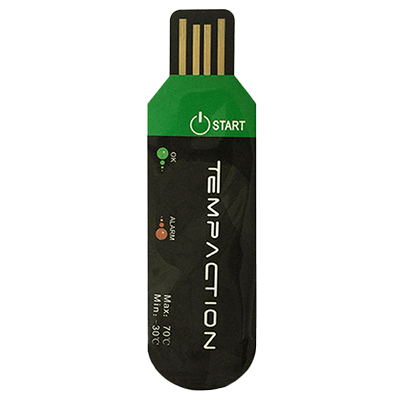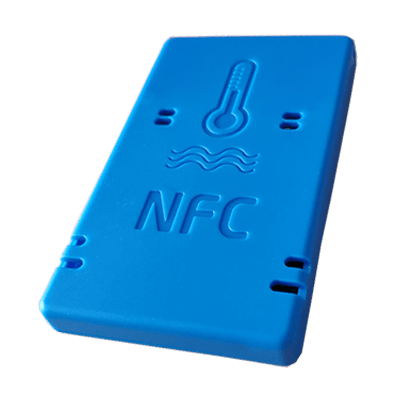Please do not hesitate to contact us if you have any question and enquiry.
Contact UsTemperature and humidity data logger are electronic devices used to measure and record the relative humidity of an environment over time. They are typically small, portable, and battery-powered, making them easy to use in various settings.
Data loggers use a sensor to measure the air's moisture. This sensor can either be capacitive or resistive. Capacitive sensors measure the amount of charge stored in a capacitor, while resistive sensors measure the resistance of a material that changes with humidity.
Temperature and humidity data loggers are particularly useful in industries that require precise control of humidity levels, such as food and beverage production, pharmaceutical manufacturing, and electronics manufacturing.
This article is about the vital role of temperature and humidity data loggers in the form of temperature and humidity data loggers to maintain the moisture content in food items manufactured in the food industry for maintaining food quality and marketing.
The data collected by the temperature and humidity data logger can be stored in the device or transmitted wirelessly to a computer or other device for analysis.

Temperature and temperature and humidity data loggers provide valuable insights into the conditions within a food storage area, allowing food industries to maintain the quality and safety of their food items.
Temperature and humidity data loggers can help keep food items maintained by providing valuable information on the conditions within the storage environment. Here are some of how temperature and humidity data loggers can help to maintain food items:
Temperature and humidity data loggers help to ensure that food products are stored and transported at the correct temperature, which is critical for preventing the growth of bacteria and other harmful pathogens that can cause foodborne illnesses.
Temperature and humidity data loggers can monitor the temperature of a food storage area and alert staff if it falls outside of safe temperature ranges. This is particularly important for perishable foods that require specific storage temperatures to remain fresh and safe to consume.
Some food items, such as fresh fruits and vegetables, require a specific humidity level to maintain their freshness. Temperature and humidity data loggers can monitor humidity levels and alert staff if they fall outside safe ranges.
Monitoring temperature and humidity levels during food production and storage can help ensure that food products maintain their quality and freshness, which is essential for maintaining customer satisfaction.
By monitoring the temperature and humidity of a food storage area, temperature and humidity data loggers can help prevent the spoilage of food items. Spoiled food can lead to foodborne illnesses and financial losses for industries.
Preventing food from spoilage with the help of temperature and humidity data loggers can help reduce costs associated with food waste and product recalls.
Temperature and humidity data loggers can help food companies comply with regulatory requirements and industry standards, which require regular monitoring and documentation of food production and storage conditions.

The features mentioned above of temperature and humidity data loggers make them essential tools in the food industry. They help monitor and record critical information about food products during production, storage, and transportation. If you need any more information about temperature and humidity data loggers, you can contact our experts for help.
By continuing to use the site you agree to our privacy policy Terms and Conditions.